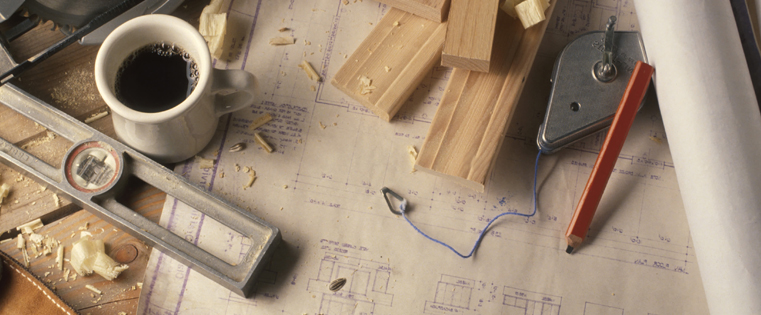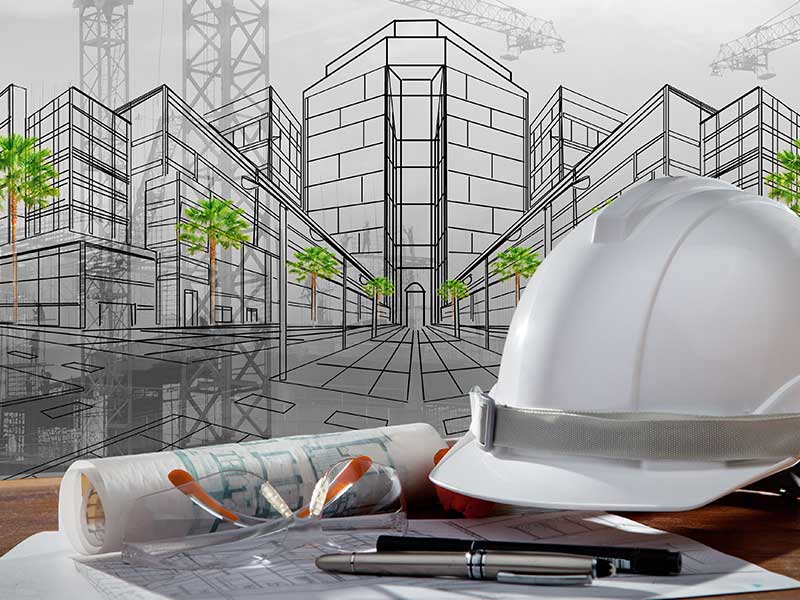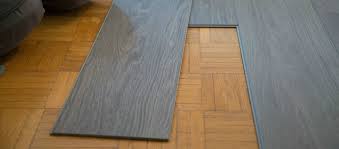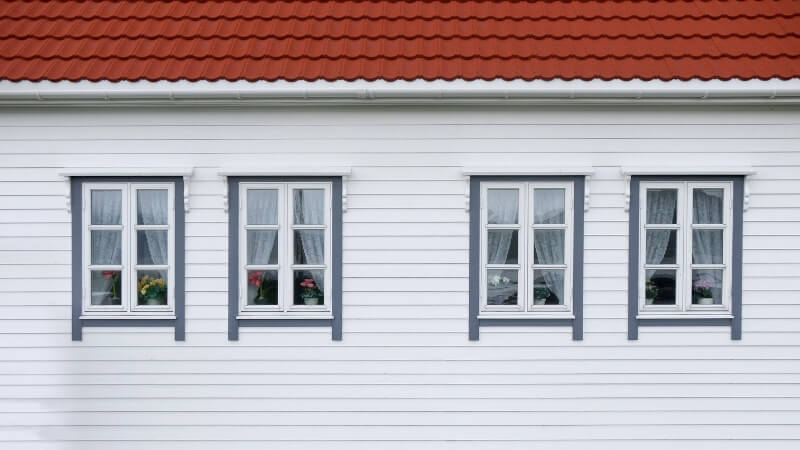Holding Your Builder Responsible for New-Home Defects
Many buyers choose newly built homes only to move in and discover damage that was built in.
Before you moved into your new home, your local town, city, or municipality most likely inspected it and issued a certificate of occupancy. That indicated that the home was, at a minimum, livable. However, many new homeowners are unhappy to discover that the certificate doesn’t guarantee that everything is in working order or even complete. As discussed below, you may need to assert your rights under one of various warranties.
Are the Defects Covered by a Builder’s Warranty?
At least a year’s worth of seasonal changes are often needed to put a new house to the test. For example, only in winter might you discover that water seeps into the basement or around window frames, that the landscaping was badly graded and leads to mudslides, or that you’ve got a mold problem. And guess what: Your homeowners’ insurance probably doesn’t cover construction defects
That’s why most home builders issue their new owners a warranty (often called a “limited warranty”) on their work, either within the sales contract or as a separate document. (Interestingly, such warranties aren’t usually required by state law.)
The warranty’s maximum term is typically broken up into one-, two-, and ten-year terms, based on the type of needed work. You’ll probably get a one-year warranty for labor and materials, two years for mechanical defects (plumbing, electrical, heating, air conditioning, and ventilation systems), and ten years for structural defects. The result is that the best parts of the warranty expire quickly — your carpeting, tiles, paint, and roofing, for example, may not be covered after the first year.
If you received a warranty, read it over to determine its length, who’s supposed to handle problems (the builder may have bought third-party insurance), and what’s covered and excluded. Pay special attention to your own responsibilities — you may have been given a detailed list of maintenance obligations. Ignoring these gives the builder a perfect excuse to deny you protections under the warranty.

Build for energy efficiency
Using good design principles can save energy, water and money, while creating a more enjoyable and comfortable home. All new homes, home renovations, alterations and additions need to comply with the 6-star standard in the National Construction Code. Go up just one star, however, and you will reduce your heating and cooling energy needs – and your energy bills – by 30%.
Block orientation
When choosing a block for your home, make sure it will allow you to place the living areas where you spend the most time on the north side of the house. This will take advantage of the winter sun, keeping these rooms warm, light and bright. Avoid or minimise windows facing west or east and make sure they are well shaded for summer, and minimise south facing windows as these don’t get any winter sun. Ask your architect or designer for advice about taking advantage of natural light.
Solar power
Installing a solar PV system will allow you to generate renewable energy and reduce your electricity bills. The Government is providing a 50% rebate (up to $2,225) for eligible households.
Energy efficient hot water systems
A solar hot water system might be more expensive to buy and install, but the running costs will be significantly lower. The Government is providing a rebate on solar hot water systems eligible households.
Window frames, glazing and shading
Smarter window design and external shading can make your home bright and comfortable all year round. Double glazing, which has become less expensive, will reduce heat losses from your home, and reduce heat gain through your windows in summer. Energy efficient windows can reduce heat losses through the window by up to 50% compared to a single glazed window.

Post Ideas for New Home Builders
As a new home builder, you’re in a great position to take advantage of social media. Why? It’s the photos! People LOVE photos of homes, both inside and out.
Share New Home Photos as Albums
Home buyers LOVE photos! If you complete a new custom home or a new build in a community, get some professional photos taken and load them onto your Facebook page
Run Caption Contests with Your Photos
Caption contents are a fun way to work on engagement with your audience. How many of your Facebook posts collect loads of likes, comments and shares? My guess is not too many.
Ask Questions with Your Photos
Asking questions can be another great way to get some engagement with your fans. Asking open ended questions can work, but if you can provide your fans with options, your engagement will increase even more.
Post Employee Birthdays or Company Anniversaries
Posting employee birthdays or company anniversaries helps show the human side of your company. Often times, these posts get the most engagement because they are about real people

Important Things To Remember While Looking For Home Builders
Building a house is one of the most important things in anyone’s life. Customization of your house is perhaps important. The builder that you choose can be a boon or ban for you. He will help you in building your house and converting your dream house into reality. The building of the house can be quite a stressful situation. You should find a builder that you can trust for the construction. It is perhaps the first and most crucial step of the journey.
Take a look at the things that will help you in selecting the best builder for the construction of your house:
Research on the internet:
The internet is said to have a solution to all your problems. Perhaps the finding of home builders can be done on the internet as well. Various sites provide you information about the different builder. So, go through all of these websites and collect information about the best builder. Make a list of all the potential builder you found on the internet. Go to their websites if they are present online. You can get a lot of information on their website too. Make the most use of the online platform in this case and get yourself the best builder.
Gather different quotes:
After you have shortlisted a few home builders and found their information online you should go to them and collect quotes. The last you want to do is spend more money on the builder. Hence you should be aware of the rate that is going on the industry and choose a builder accordingly. He should not con you and charge you extra money. Get quotes and make sure you understand all the inclusions and exclusions well. This will help you to make a comparison between the professionals you have chosen.
Ask questions:
You should never shy away from asking questions to the builder. If you have a doubt you should ask the builder without any hesitation. He must answer to all of your questions and explain to you anything that you don’t understand. Before you go for a meeting with him, prepare a list of questions you have in mind and ask him. The home builders must always answer their clients and try to solve all of their doubts. You are making a huge investment and it is your right to know everything.
Focus on the quality:
While building a house or any other structure the quality of the material and the architecture plays an important role. You cannot just choose a builder because he has quoted you less money. You must always make sure that you do not compromise on the quality aspect. The materials that the builder is using must be of top quality. Only then the building can survive all the external conditions and sustain for a longer period. Quality of work that the builder adopts should be your top priority.
Transparency of work:
Most of the builders have transparency in their business and are honest from the first. He should not try to con you by asking for more money or by not completing the work on the given time. The builder must give you an estimate and stick to it till the end. The materials that he is using must be of good quality only. Many a time the builder gives you a timeline for work and doesn’t complete it in the given time. This shouldn’t be the case

Why do you need a building engineer for your building project?
Building engineer hat and construction documents with illustration of building in background
Building engineers are structural engineers who specialize in buildings. Buildings need to be able to hold up under all types of loading, including the weight of the building, the weight of the people and other things inside the building, and natural forces such as wind, gravity, snow, and earthquakes. A building engineer will consider all these forces and design the building to be structurally sound.
Differences between engineers, architects, and contractors
Building engineers look at supports, loads, and building materials. During the building process, they review and evaluate plans as well as inspect the structure and its surroundings.
Architects focus mainly on the planning phase. They focus on aesthetics, design, and functionality of a building.
Contractors focus on the construction phase. They are the ones who follow the plans and bring designs to life.
When and why should you hire a building engineer?
A construction project will almost always require a building engineer, and the more complex a project gets, the more you will need one. Besides evaluating plans and checking for structural soundness, a building engineer will perform additional functions depending on the needs of different projects.
Building a new home
When building a new home from scratch, a building engineer essentially ensures that your home can resist the elements. They review proposed plans and make sure they follow building codes and regulations. They will also check the lot and surroundings of your proposed home, to ensure your plans integrate factors such as slope, existing features, and the surrounding environment.
Adding or remodeling rooms
When adding extra rooms to your home or expanding a room, the load that your house must carry will change. A building engineer will be able to tell you how your house and its foundation will be affected by the added weight of a new room, a second story, or an expanded room, as well as solutions for your unique situation.




























